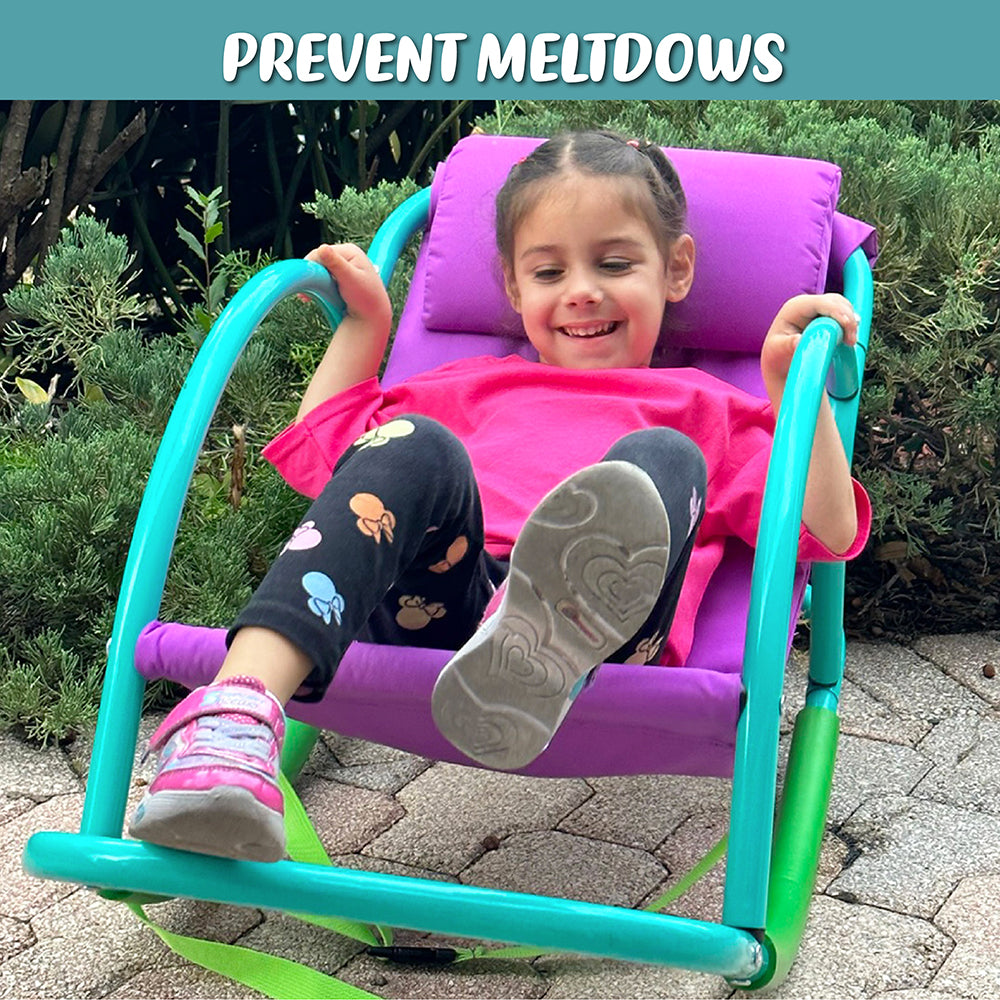
For children graced with the touch of autism, the odyssey of nurturing motor skills is replete with such transformative junctures. The infusion of physical activity and sports into their lives can be the gentle breeze that propels them towards milestones of development.
The Starting Line: Understanding Motor Skills in Autism
Motor skills serve as the bedrock, empowering children to engage and discover their surroundings. Autistic children may experience a different trajectory in developing these skills, necessitating a compassionate and informed approach to their physical evolution. Celebrating each triumph, whether it's mastering the grip of a pencil or the boundless energy of a sprint, is crucial.
Physical activity transcends mere movement; it forges a language for expression and self-regulation. Custom-tailored physical programs can provide a nurturing haven for autistic children to flourish, bolstering not only their muscles but also their confidence and social connectivity.
Designing the Right Playfield: Tailored Physical Programs
Each autistic child is an unparalleled individual, prompting the need for physical programs that are as versatile and adaptive as they are. Incorporating sensory-friendly tools and activities, these programs are crafted to resonate with each child's unique sensory preferences.
Occupational therapists and physical educators stand as the masterminds behind these bespoke programs, curating sessions that captivate children in an environment that feels secure, enjoyable, and rewarding.
These programs meticulously balance sensory sensitivities, communicative nuances, and personal inclinations to forge a pathway to untapped potential.
The Ripple Effect: Impact Beyond Motor Skills
The scope of physical activity's impact on autistic children stretches far beyond motor skill enhancement. As they leap and climb, they are concurrently cultivating pivotal life skills. Social engagement, emotional modulation, and cognitive development are all interlaced with their physical endeavors.
Learning to catch a ball is not just about hand-eye coordination; it's a lesson in reciprocity and the shared joy of accomplishment. These moments are the building blocks for a more connected existence.
Structured physical activities also serve as a potent mechanism for managing stress and anxiety. The rhythmic nature of certain exercises offers a sanctuary for those seeking solace from the tumult of emotions.
Real Stories, Real Progress
Each statistic and study are anchored in the realities of children who have surmounted challenges. Consider the young boy who, through equine therapy, discovered equilibrium in life, or the girl who found her voice amidst the waves of a swimming pool.
These narratives are not mere anecdotes; they are testaments to the transformative influence of physical activity in the lives of autistic children. Every advance, however modest, is a milestone to be celebrated.
These triumphs are a collaborative achievement, made possible by the support of families, the dedication of therapists, and the innovation of programs that believe in every child's promise.
Incorporating resources like the Little Rocking Chair into daily life can make a marked difference in a child's journey through motor skill progression. The act of rocking provides a sense of control and rhythm that can center a child's mind and body, fostering a foundation for independence and fulfillment.
The Path Ahead: Continuing the Journey
The enhancement of motor skills in autistic children is an everlasting journey of development, learning, and adaptation. Advancing this cause requires relentless advocacy for inclusive sports programs, research into effective developmental strategies, and opportunities for autistic children to dazzle in their extraordinary ways.
By championing the role of physical activity in the lives of autistic children, we are not only altering individual destinies but also reshaping our communities into bastions of acceptance, comprehension, and support.
Together, let's continue to applaud these children as they leap and twirl towards their ultimate potential, making a difference with each exuberant movement.











Leave a comment